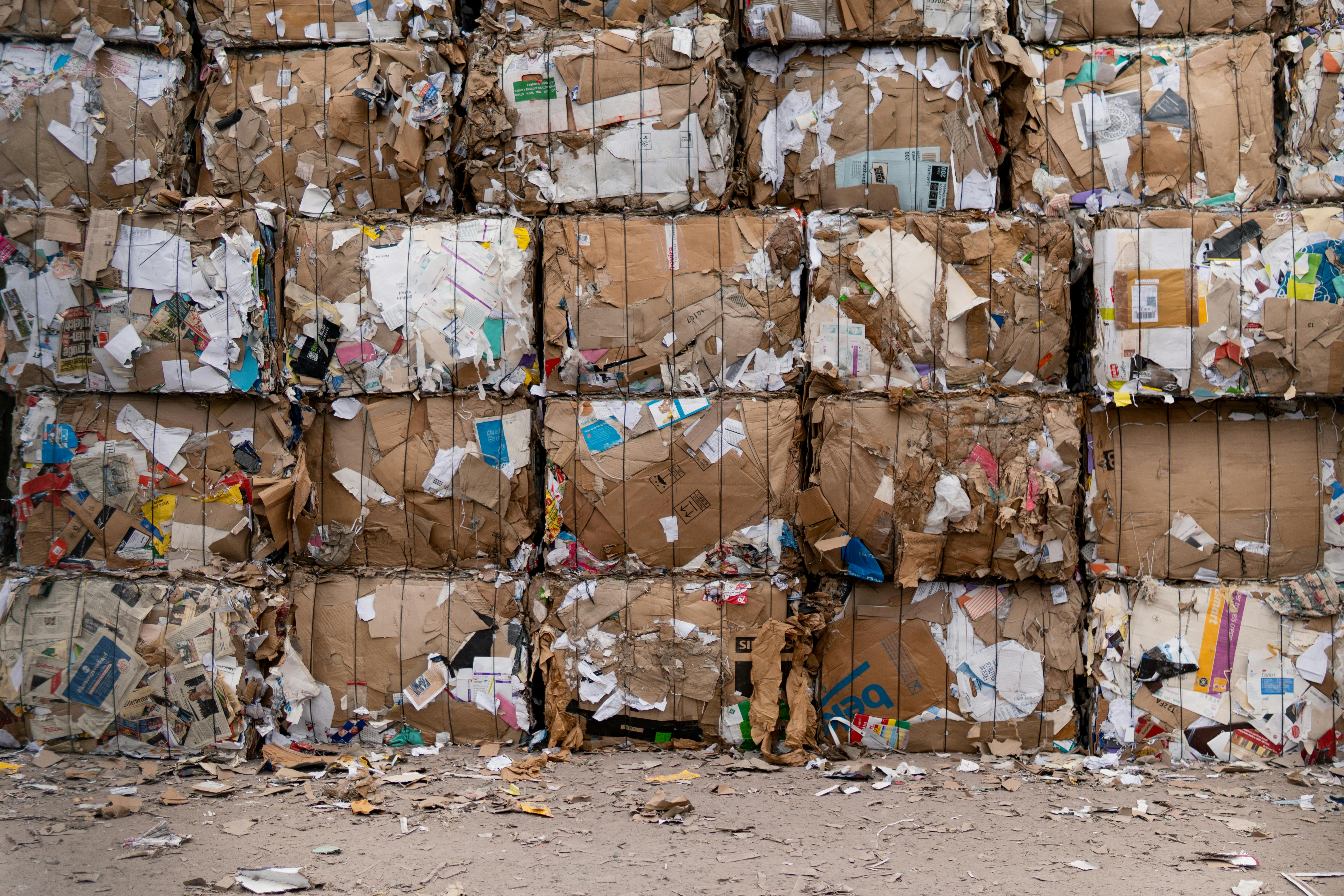 .
.
How to Choose the Best Effluent Waste Disposal
When it comes to choosing an effluent waste disposal for your business, the task can be a daunting one. With so many options on the market, it can be difficult to navigate what’s available and find the best solution for your needs. In this blog post, we’ll outline the key considerations to keep in mind when selecting an effluent waste disposal.
Before you buy an effluent waste disposal, it’s important to assess the type of waste you’re disposing of and the volume of waste you’ll be producing. This will help you determine the type of system that will work best for your needs.
The most common types of effluent waste disposal systems are:
• Septic tanks
• Sewage treatment plants
• Rainwater tanks
• Grease traps
• Leach field systems
Let’s take a closer look at each type of effluent waste disposal system.
Septic Tanks
Septic tanks are the most common type of effluent waste disposal system. They’re relatively inexpensive to install and are easy to maintain. Septic tanks are designed to hold waste water and solid waste, which is then broken down by bacteria. The bacteria breaks down the waste, which is then discharged into the soil.
Sewage Treatment Plants
Sewage treatment plants are large-scale systems designed to treat large volumes of effluent waste. These systems are more expensive to install and require regular maintenance to ensure optimal operation.
Rainwater Tanks
Rainwater tanks are a great way to manage stormwater runoff and prevent flooding. These tanks are designed to capture rainwater and store it until it can be safely discharged into the environment.
Grease Traps
Grease traps are designed to capture fats, oils, and grease (FOG) from food waste. These traps are usually installed under sinks or in commercial kitchens and are designed to capture FOG before it enters the sewer system.
Leach Field Systems
Leach field systems are designed to manage large amounts of waste water from septic tanks and other effluent waste disposal systems. These systems are comprised of underground pipes, which are designed to disperse wastewater and solids into the soil, where it can be safely absorbed.
Now that you understand the different types of effluent waste disposal systems, let’s take a look at some of the key factors to consider when choosing an effluent waste disposal system for your business.
1. Cost
The cost of an effluent waste disposal system will vary depending on the type of system you choose. Septic tanks are generally the least expensive option, while sewage treatment plants and leach field systems are more expensive.
2. Capacity
It’s important to make sure that the effluent waste disposal system you choose has enough capacity to handle the volume of waste you’ll be producing. If you produce a lot of effluent waste, you may need to opt for a larger system.
3. Maintenance
Different types of effluent waste disposal systems require different levels of maintenance. Septic tanks and rainwater tanks are the least labour-intensive, while sewage treatment plants and leach field systems require regular maintenance.
4. Location
The location of your effluent waste disposal system is important. Some systems require a certain distance from water sources, while others may need to be situated in an area where they won’t be disturbed by human activity.
5. Size
The size of your effluent waste disposal system will depend on the volume of waste you’re producing. Make sure to choose a system that is large enough to accommodate your needs.
Choosing the right effluent waste disposal system can be a challenge. But by taking the time to assess your needs and understand the different types of effluent waste disposal systems, you can find the solution that’s best for your business.
At MidlandToiletHire, we understand how important it is to choose the best effluent waste disposal system for your business. That’s why we offer a range of effluent waste disposal solutions to meet your needs. From septic tanks to rainwater tanks to leach field systems, we’ve got you covered. Get in touch with us today to find out more.
